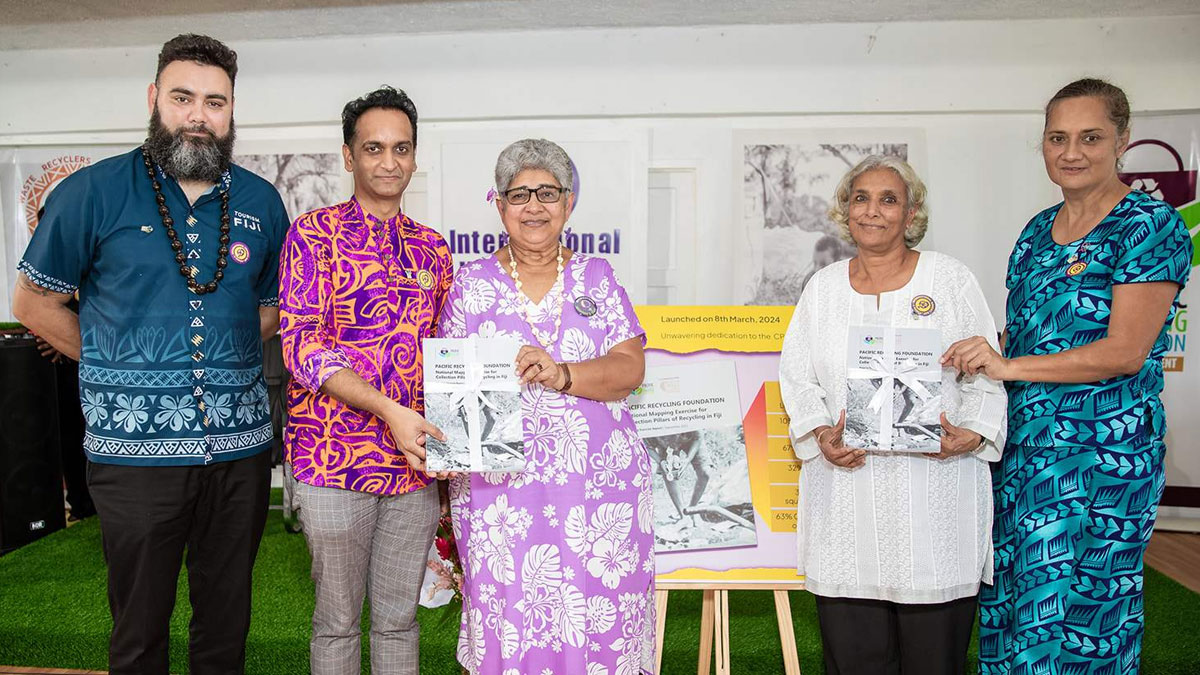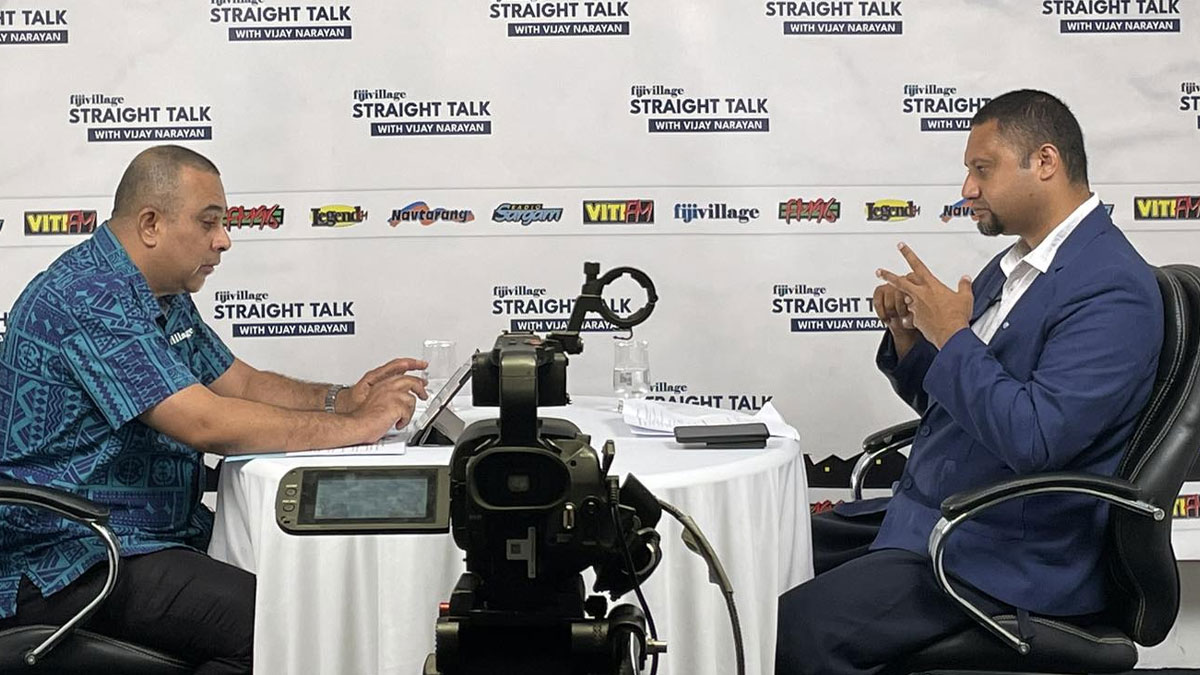
Collection pillars of recycling encounter numerous challenges, including social isolation, discrimination, safety concerns and limited access to basic necessities and essential services.
This was highlighted by the Pacific Recycling Foundation Founder Amitesh Deo during the launch of the National Mapping Exercise of Recycling in Fiji.
The Pacific Recycling Foundation, in collaboration with Women in Informal Employment: Globalizing and Organizing, launched its ‘National Mapping Exercise for Collection Pillars of Recycling in Fiji’.
This is the 4th one done globally, and it serves as a valuable resource for understanding the intricate dynamics of waste collection in the country.
The launch was officiated by Fiji Women’s Crisis Centre Coordinator, Shamima Ali.
PRF says the report presents a comprehensive analysis of Fiji's waste collection landscape, which sheds light on the lives, challenges and contributions made by the pillars of the collection.
They say the mapping exercise, which was conducted in 2023, interviewed 1,059 collection pillars.
The PRF Founder says out of that, 67 percent were iTaukei while 29 percent were Indo-Fijians.
He says this report is a testament to our commitment to shedding light on these often-hidden narratives.
Deo says through meticulous data collection, intimate conversations and firsthand experiences shared by the dedicated team, they have endeavoured to provide a comprehensive picture of the lives, aspirations and hardships faced by these individuals across Fiji.
He says data reveals that 46 percent of collection pillars are women and members of the LGBTQI+ community, 32 percent earn less than $100 weekly, 32 percent live in squatter settlements, and 63 percent depend entirely on informal waste-picking
Deo says the report reveals that collection pillars in Fiji play a critical role in the informal waste management sector as they are involved in various activities, including collecting glass and PET bottles, scrap metal and waste from dumpsites and public and commercial spaces.
He further says abuse is a prevalent issue, particularly impacting elderly waste pickers who face neglect and abandonment.
Deo says the report also puts forth a range of recommendations to address these challenges.
Deo acknowledged his team, WIEGO, Tourism Fiji, Fiji Women’s Crisis Centre, Asco Motors Fiji, FMF, Fiji Cancer Society, Department of Environment, Municipal Councils and Vivid Media for their support.
Stay tuned for the latest news on our radio stations


